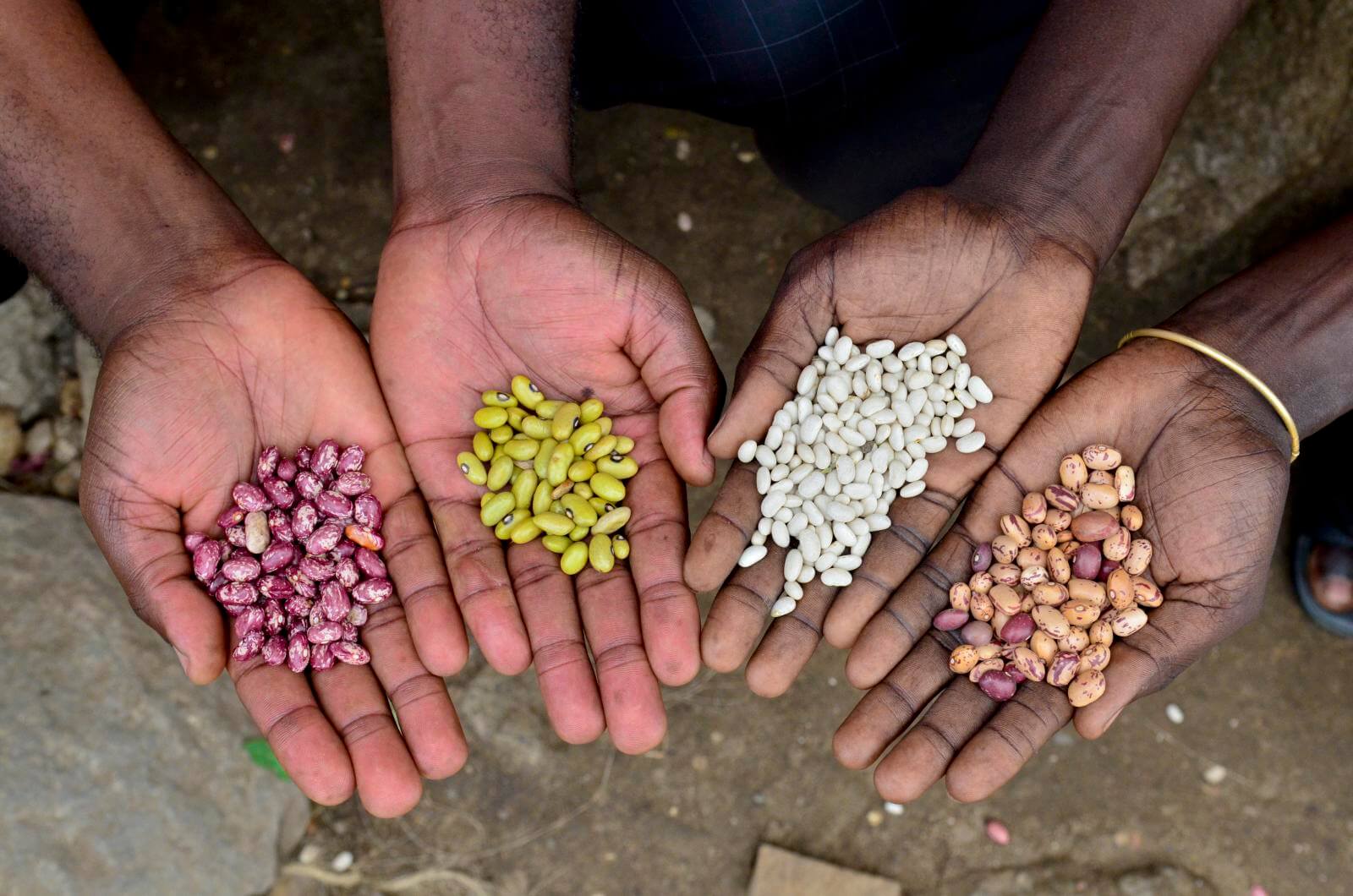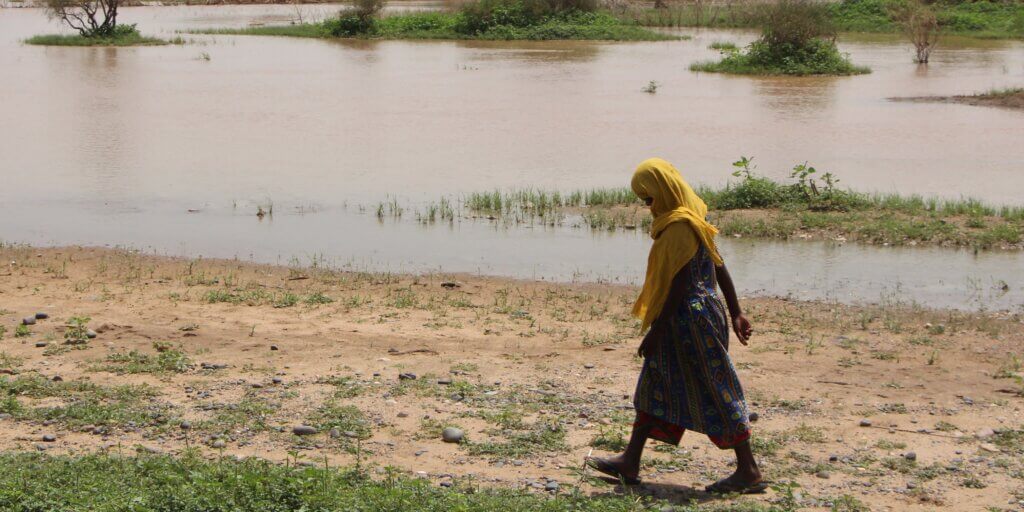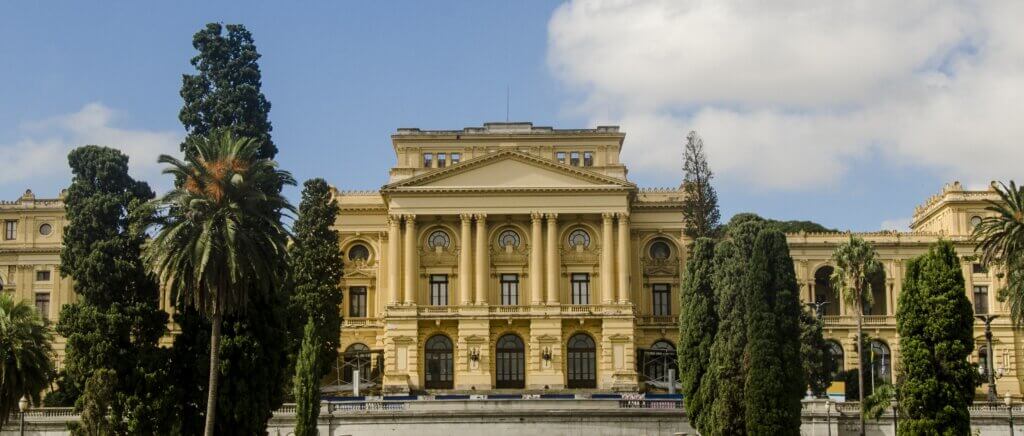
Nearly 19,000 people have been killed and almost 11 million displaced in Sudan since civil war began in April 2023, according to data from the UN and the Armed Conflict Location & Event Data Project.
According to the UN’s agency for humanitarian affairs, 26 million people in Sudan are in acute hunger. In August, famine was declared in a refugee camp home to almost half a million people in western Sudan, while devastating floods hit parts of eastern Sudan.
More than 100 universities have been damaged or destroyed, according Mohamed Hassan, president of the Sudanese National Academy of Sciences, and the country’s scientific and academic infrastructure has been largely shut down as scientists have been forced to flee. The escalating violence is also threatening an irreplaceable scientific resource: the country’s seed bank has been ransacked, putting at risk more than 15,000 samples of the region’s plant life.
Carefully preserved in aluminum packets inside moisture-controlled deep freezers, the seeds held in the gene bank provide a backup of the region’s unique and diverse native plants – among them the likely ancestor of the watermelon, as well as varieties of sorghum, one of the most widely planted cereal crops.
The seeds are also used as a starting point to develop improved crop varieties which are more nutritious, productive or can better withstand disease and drought – work that is more urgent than ever, in the face of the increasing effects of climate change. Stopping that work would also have implications beyond the region: Sudanese plants have been used to develop drought-resistant sorghum which is used as far away as North America.
With the area around the gene bank now occupied by militia, scientists are racing to find a way to rescue and preserve the collection before it is destroyed.
“It’s really a disaster,” says Mohammed Elsafy, a Sudanese plant biologist at the Swedish University of Agricultural Sciences who has been pushing for international action to save the collection.
Power has been cut off to the facility housing the gene bank, and bags of seeds have been pulled out of freezers and scattered on the ground. Gathering the samples took years – and losing them now would force scientists to start over from scratch, Elsafy explains. Because the samples are used as base materials for plant breeding and research, each seed needs to be precisely documented. Rebuilding the collection would require not just collecting new seed samples but also multiplying them, logging their characteristics and filing them – redoing many years of precise work.
Earlier this year, Elsafy was able to contact the militia who control the area around the gene bank. They were open to the idea of moving the samples, and the Sudanese government agreed to help by moving the remains to a new facility in a safer part of the country.
But talks broke down not long after, he says. A team from the UN Food and Agriculture Organization has since been able to visit the bank, but wasn’t allowed to take any of the samples.
Unblocking the negotiations will take “very strong political involvement from a high level,” says Elsafy, who is calling for governments and international organizations to leverage whatever influence they can to find a way to rescue the collection.
The samples themselves are just one piece of the scientific infrastructure now threatened by the conflict, Elsafy adds. The gene bank is part of a large agricultural research complex; it’s unclear how much of the facility is intact, but bombing has been reported in the area, and Elsafy recently heard from people on the ground that the area is being used as a military camp and is too dangerous to approach.
“One of the things that really hurts is that my colleagues have worked very hard to establish a very advanced lab for molecular and other quality analysis, and we also train students in collaboration with our universities … When you think that all of the equipment, the lab we have been working so hard to establish, is gone – millions of dollars, just gone – ” he says.
Before the conflict worsened, Sudanese scientists had been depositing samples at the Global Seed Vault in Svalbard, Norway, the ‘doomsday’ gene bank which holds more than 1.3 million samples of seeds from around the world. Dug deep into the permafrost in a remote Arctic Ocean archipelago, the Svalbard vault is a last-resort backup for many of the world’s about 1,700 gene banks – although it also faces the threat of climate change and conflict.
Samples held in Svalbard were used to restart a collection held in Aleppo, Syria, which had to be moved because of the Syrian civil war. But so far, only a fraction of the Sudanese collection has been backed up in Svalbard. The rest needs to be duplicated as soon as it can be moved to safety, Elsafy urges.
Expanding efforts to secure physical specimens and scientific data is one of several recommendations which the ISC’s Centre for Science Futures recently highlighted as one way to help science systems survive and recover after conflict.
In 2023, the Sudanese National Academy of Sciences called for solidarity from scientists around the world to help their colleagues at risk. The ISC has also expressed deep concern over the “abhorrent impacts” of the conflict on civilians and its catastrophic effect on the country’s science system.
The effects of more than a year of conflict in Sudan have been devastating: more than 100 of Sudan’s universities have been destroyed or damaged by the conflict, including every university in the state of Khartoum. In just the first three months of war, more than half of the country’s medical schools were attacked, with almost three-quarters looted and many others occupied and used as military bases, according to a recent study published in Conflict and Health.
Sudan’s science system can be rebuilt, Elsafy adds – but first, the conflict has to end: “We will work hard to raise funds – and maybe we will have to start from scratch again to rebuild this. But I don’t mind. We don’t mind,” he says. “The main thing now is, how can we stop this war?”
 news
news
 blog
blog
 statements
statements
 blog
blog
Image by CIAT/NeilPalmer on Flickr.
Disclaimer
The information, opinions and recommendations presented in our guest blogs are those of the individual contributors, and do not necessarily reflect the values and beliefs of the International Science Council